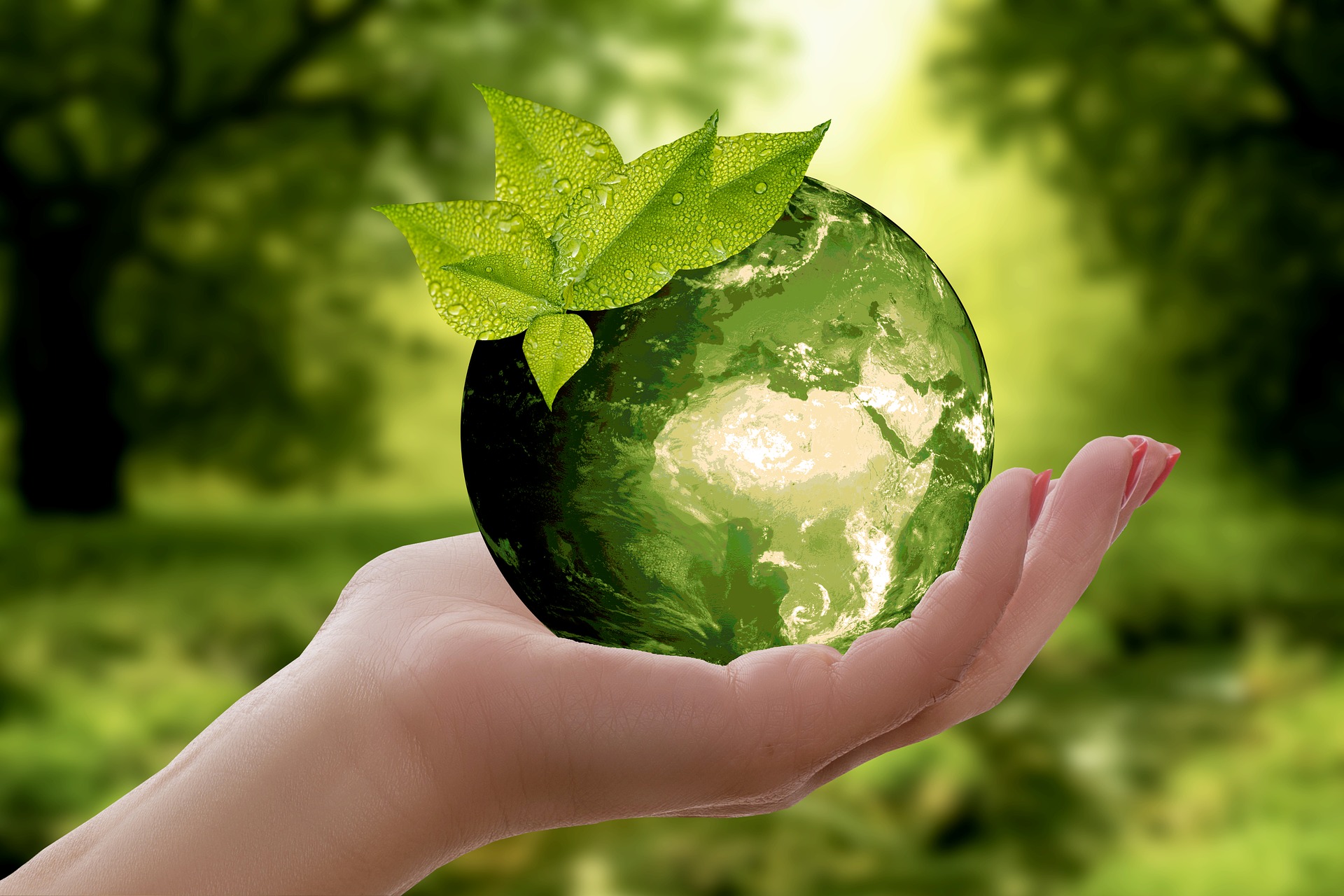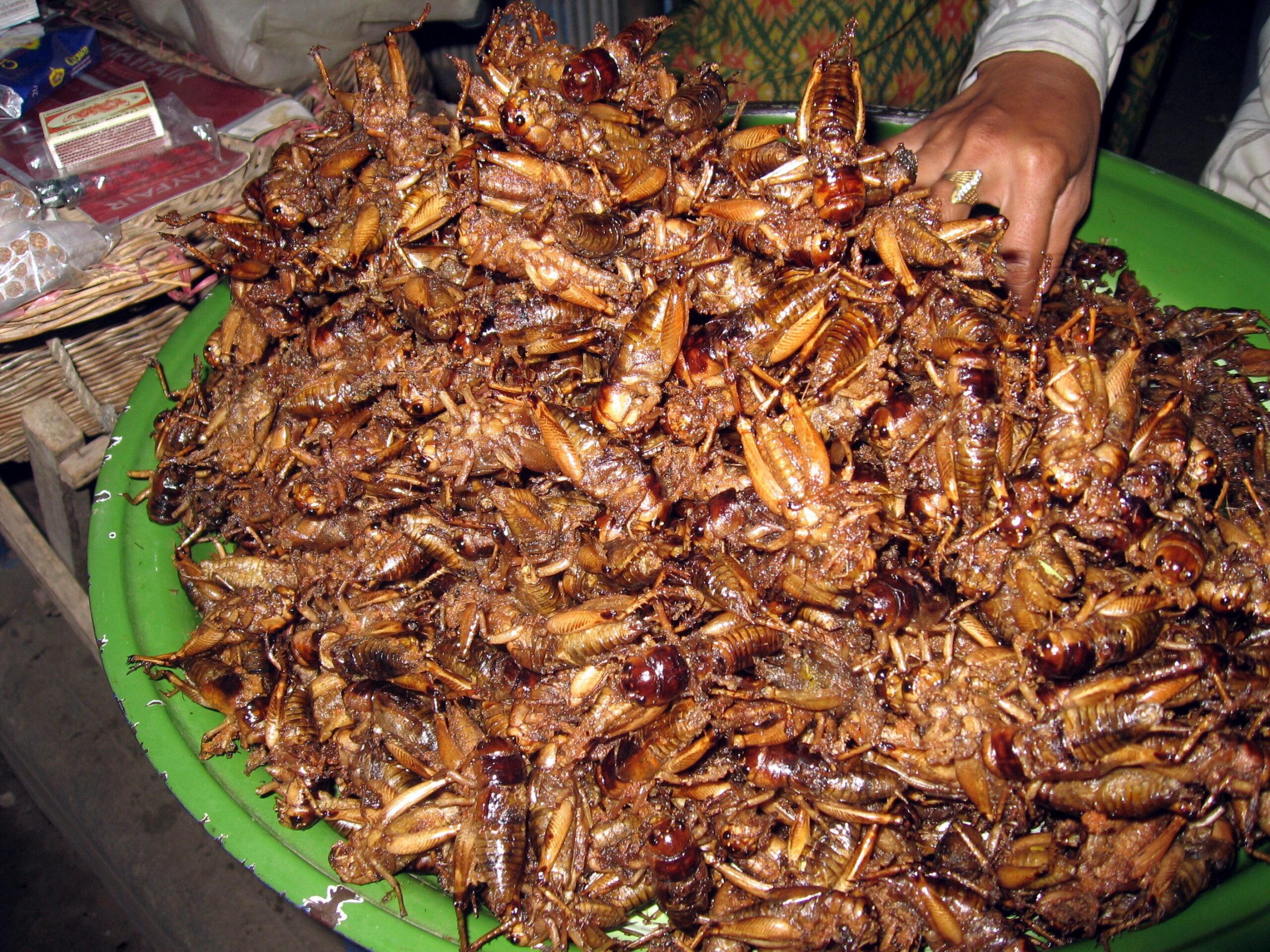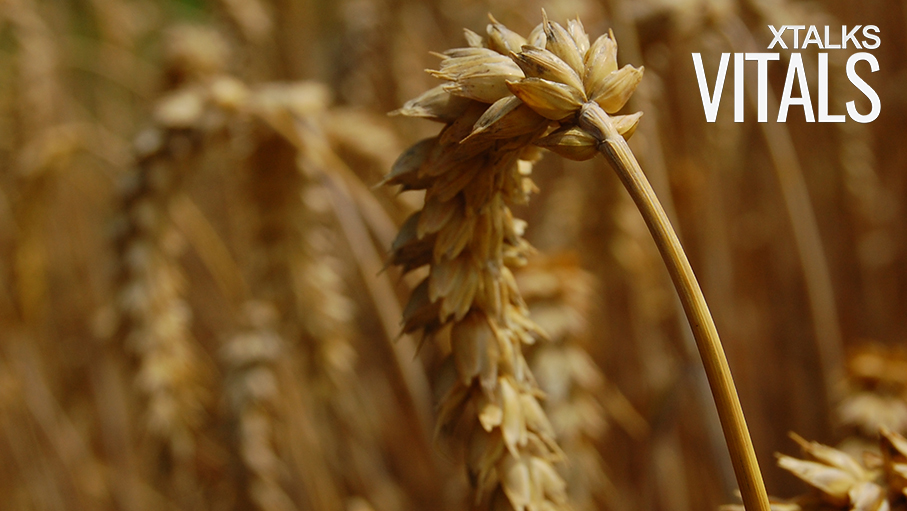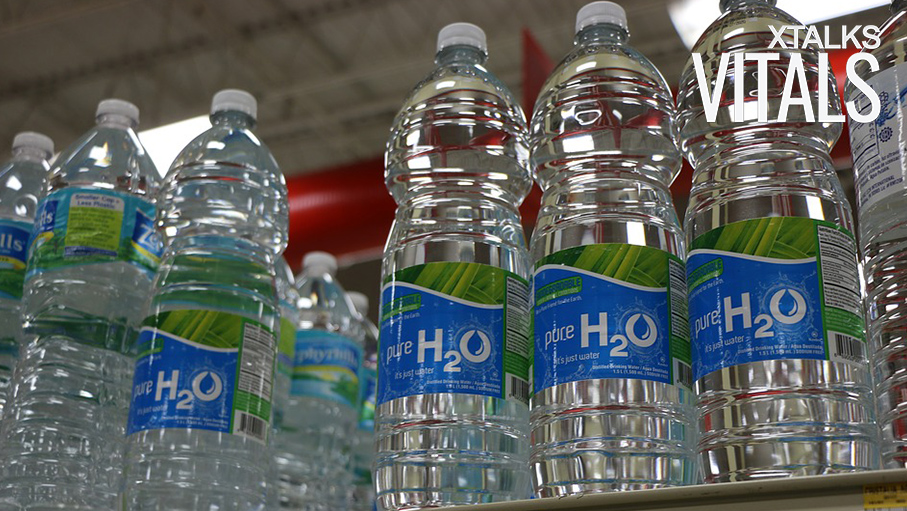Starbucks Canada is stepping up its efforts to eliminate food waste and help feed those in need.
The coffee-giant announced plans to donate all unsold food products from its more than 1,100 company-owned stores across Canada in a press release Monday.
The new program called Starbucks FoodShare will partner with Second Harvest, the largest food rescue organization in Canada, to donate chilled and perishable food products to those in need.
“We’re thrilled to partner with Starbucks to support food recovery in local neighborhoods to ensure people have the food they need to be healthy while also making a positive impact on the environment,” says Lori Nikkel, CEO of Second Harvest. “We all have a part to play in reducing the social and environmental costs of food waste and it’s great to see Starbucks taking a leadership role.”

Starbucks previously donated unsold pastries and baked goods but said it “wanted to do more.” Now, the company will be donated items such as breakfast sandwiches, paninis, protein boxes, salads, yogurt, milk and dairy alternatives like soy and coconut.
“Wasted food is a wide-scale problem for everyone in the food business, while more than 4 million Canadians are impacted by hunger,” says Luisa Girotto, vice president, Public Affairs, Starbucks Canada. “This is unacceptable, and we will help solve this now that we have a way to safely donate chilled, perishable food, while preserving its quality.”
The program has also developed guidelines on acceptable temperature, texture and flavor of food so that all donated food is appetizing and safe to consume.
Starbucks FoodShare will launch in over 250 stores in the Greater Toronto Area by February 22, 2019. The company says it is “actively working” to expand the program to more cities and provinces with the goal of having it implemented in all Canadian stores by 2021.
The company has been rescuing inhouse unsold food items since 2016 when the FoodShare program was first launched in the US. To date, they have donated more than ten million meals, according to Starbucks.
In the US, food waste is estimated at between 30-40 percent of the food supply, estimated at around 72 billion-133 billion pounds of wasted food each year, according to the USDA.
Donating all unsold food items adds to the company’s ongoing initiatives to increase food sustainability and improve its environmental impact globally. In July 2018, the coffee retailer also said it would eliminate plastic straws from its stores worldwide by 2020 to reduce environmental plastic pollution.












Join or login to leave a comment
JOIN LOGIN